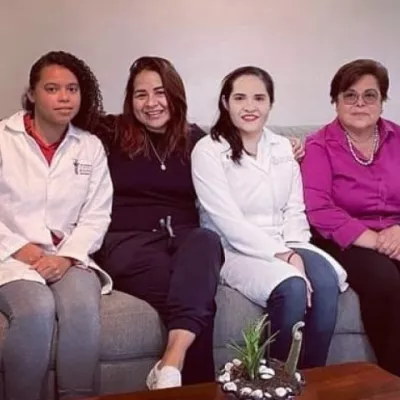
Project description
Project Overview:
The 100 AMR Stewards initiative is a comprehensive online advocacy campaign dedicated to tackling antibiotics abuse and combating Antimicrobial Resistance (AMR). This multifaceted project not only seeks to raise awareness among the general public but also aims to mentor and empower 100 individuals who are passionate about addressing abuse within their local environments.
Our primary goal is to generate widespread interest and understanding of the critical issues surrounding AMR. Through targeted mentoring, we identify and nurture a cadre of individuals committed to taking concrete actions in their communities. These stewards play a pivotal role in spearheading initiatives to combat antibiotics abuse and disseminate crucial information about AMR.
The initiative doesn't stop at raising awareness—it actively engages and supports participants in developing and executing AMR awareness projects within their localities. By fostering a sense of responsibility and empowerment, the 100 AMR Stewards project contributes to a collective effort in curbing the alarming rise of Antimicrobial Resistance.
Relationship between project and microbiota
Antimicrobial resistance occurs when medications used to treat infections are no longer effective. Newer studies show that Antimicrobial Resistance can be acquired by the human gut microbiota. A molecular study in India showed that resistant genes can be transferred to gut microbiota.
Nigeria is not exempted with a 2022 World Health Organisation report revealing that more than 60% of children given antibiotics without prescription, and 42% (about 93 million people) of adult population abuse them.
A study on functional proteins in the gut microbiota of Nigerians residing in the Western region revealed an increased presence of Antibiotic Resistant Genes (ARGs) among participants. Reduction in antibiotic abuse would consequently deplete the transfer of ARGs.
How can the project improve children health in Nigeria
A project addressing Antimicrobial Resistance (AMR) in Nigeria has the potential to enhance children's health by increasing awareness about the responsible use of antibiotics, the effect on gut microbiota, educating healthcare professionals and caregivers, and implementing robust antibiotic stewardship initiatives in healthcare settings.
Furthermore, promoting hygiene practices and ensuring access to clean water can contribute to infection prevention, thereby decreasing the demand for antibiotics.
How Henri Boulard Award will help us perform our project
The award empowers us to expand our team and acquire necessary equipment for a strong social media campaign. Its prestige boosts our credibility in public interactions. Additionally, the award enhances our ability to conduct impactful research, aiding both awareness efforts and policymaking. Overall, it not only supports our immediate needs but also strengthens our long-term impact.
Furthermore, promoting hygiene practices and ensuring access to clean water can contribute to infection prevention, thereby decreasing the demand for antibiotics

Greatman Owhor talking about his winning project
Henri Boulard Award's winning projects

Towards eradicating water-borne gut diseases in Nigeria; development of cheap nanosized rice husk-based zeolite water filtration candles for common household usage

Gut microbiome dysbiosis in Hirschsprung-associated enterocolitis in Vietnamese children


Validation of a screening questionnaire designed to evaluate the gut dysbiosis risk and its relationship with the gut ecosystem of Mexican children


Curbing the menace of rotavirus disease in Agbor community and raising awareness on the need for early childhood vaccination


Vaginal microbiota and Cameroonian women's health: mapping and increased awareness


To set up a reproductive health facility to address safe contraception methods and the myths behind the use of Ampiclox Capsule as female contraceptive in Nigeria


Waster-based epidemiology linking the microbiome profile of virus, fungi and bacteria for prediction of COVID-19 pandemic in Thailand as an epidemiological surveillance tool

